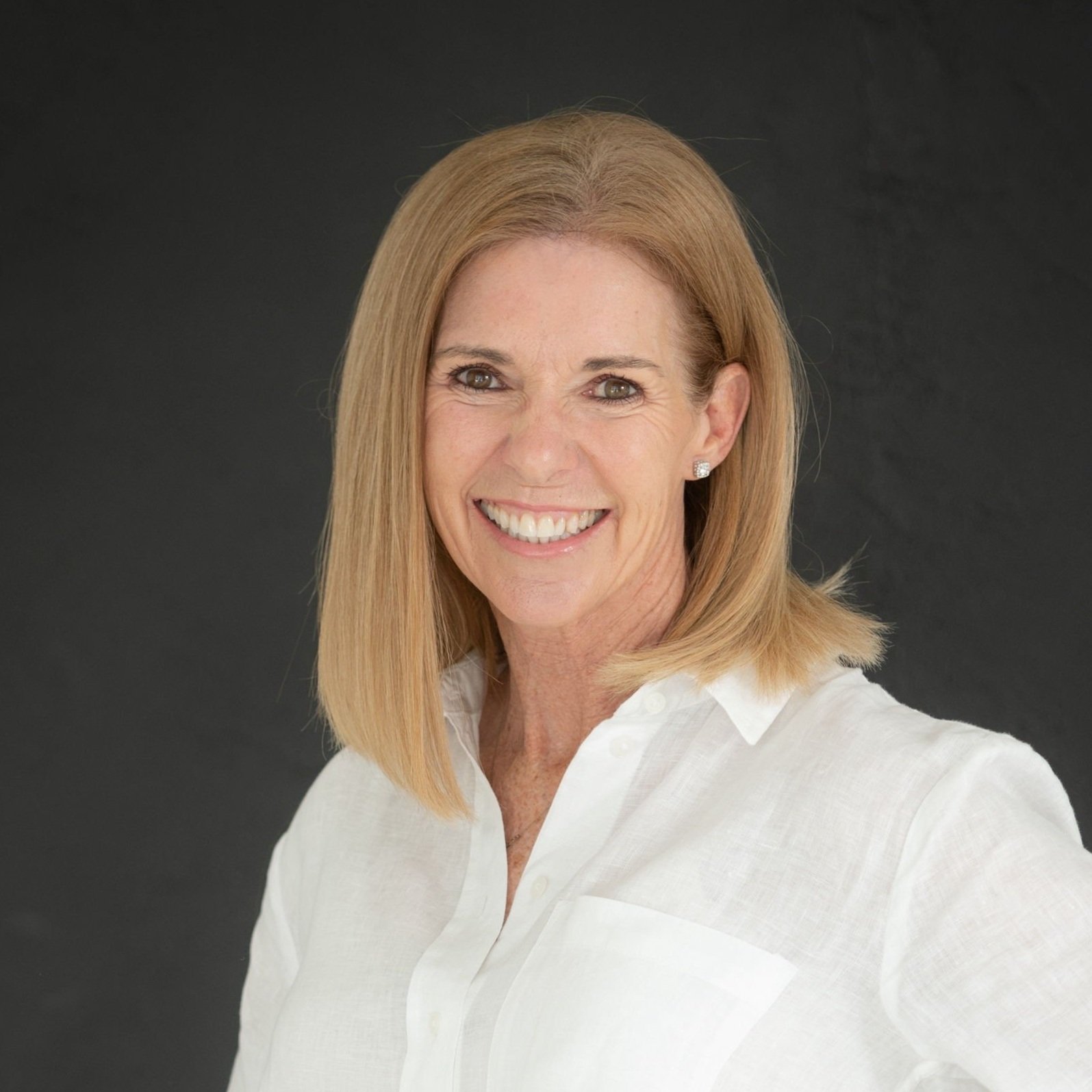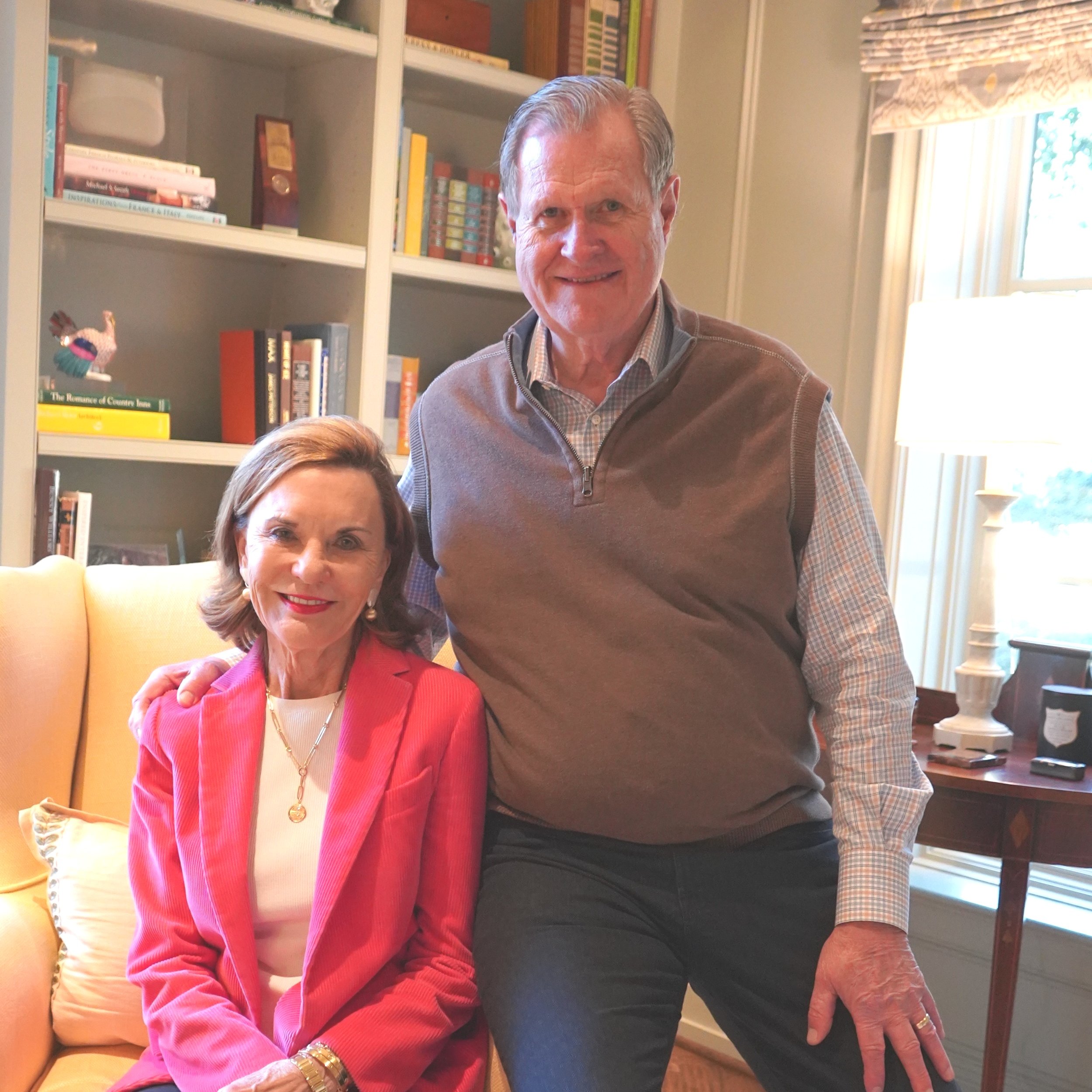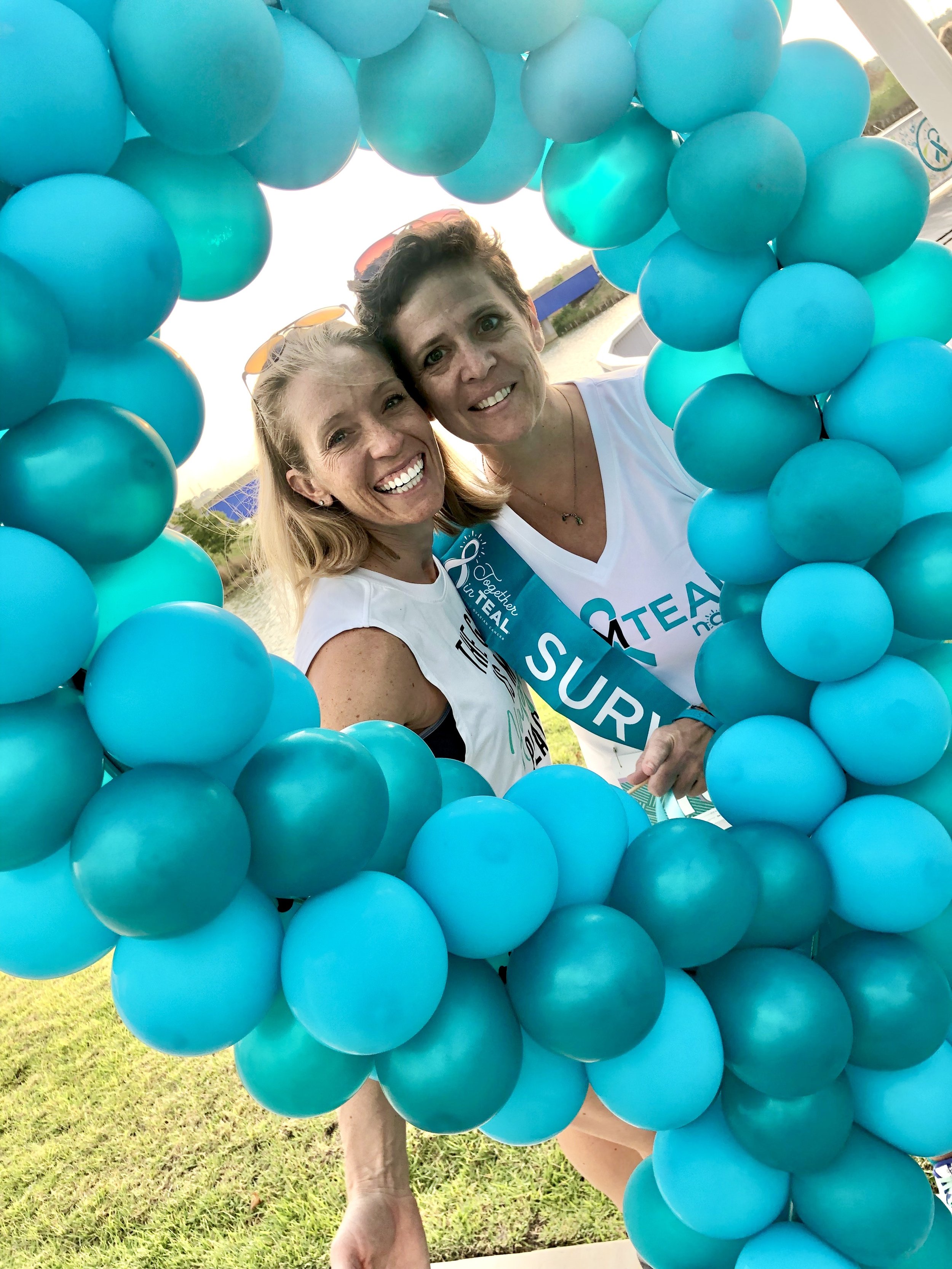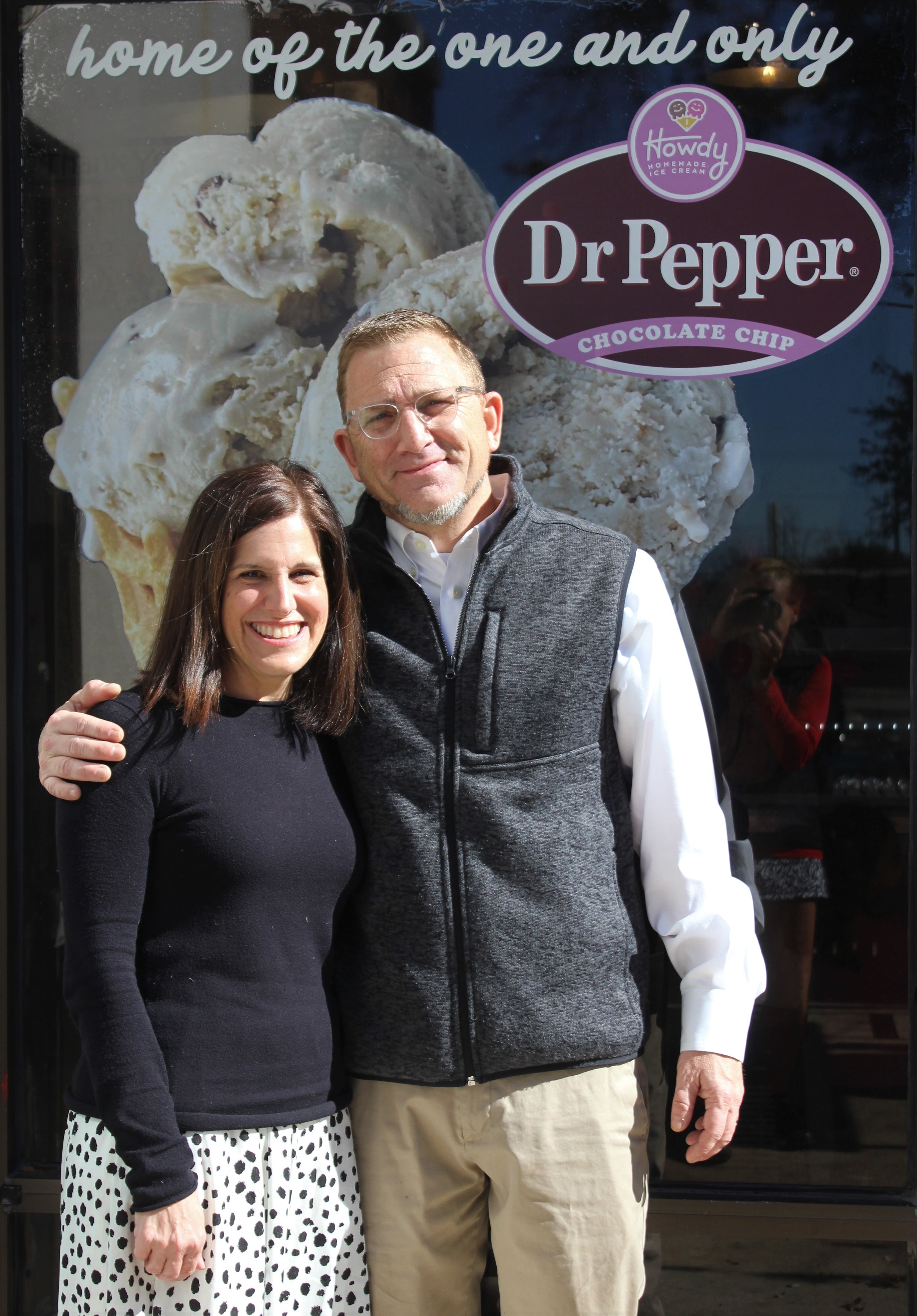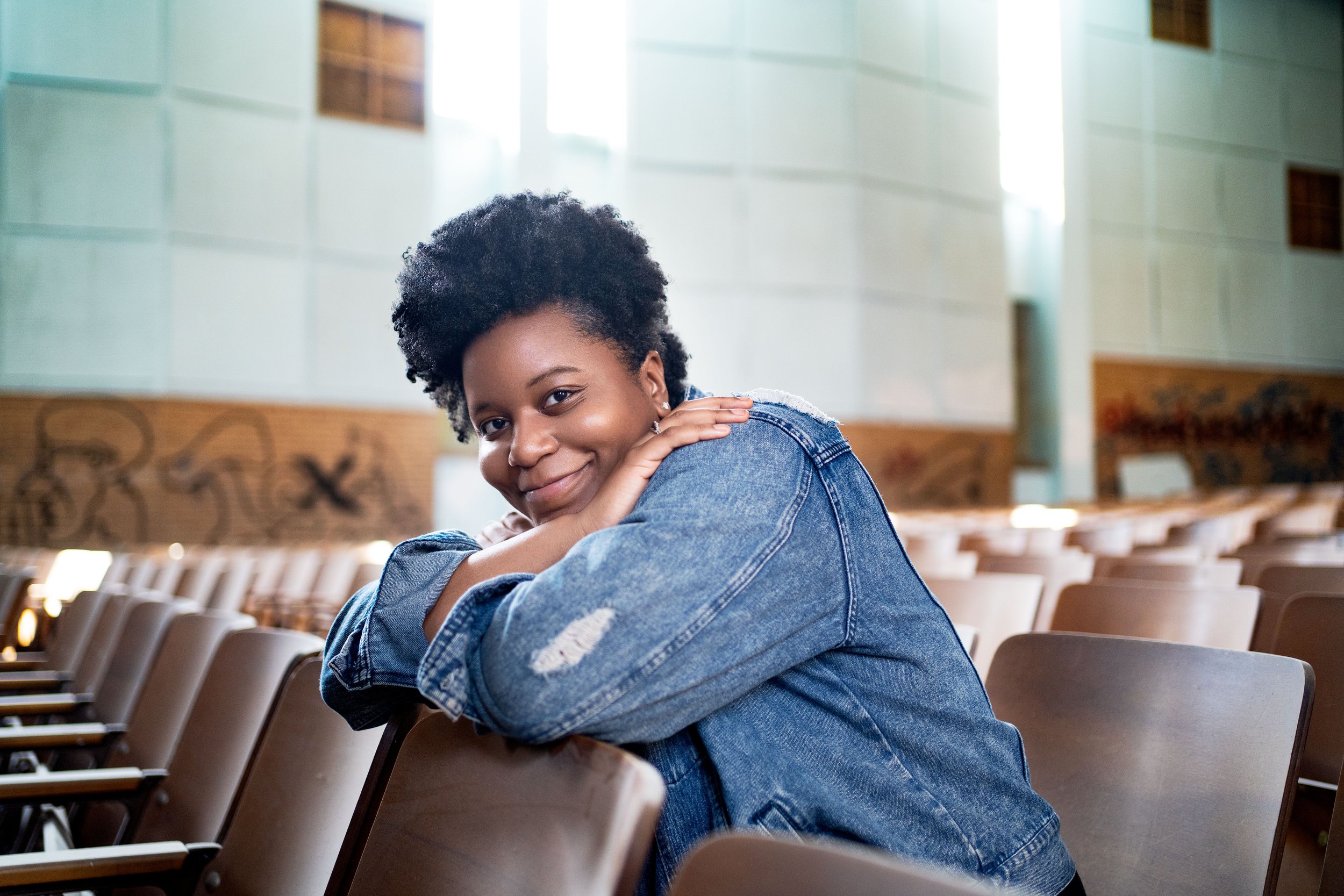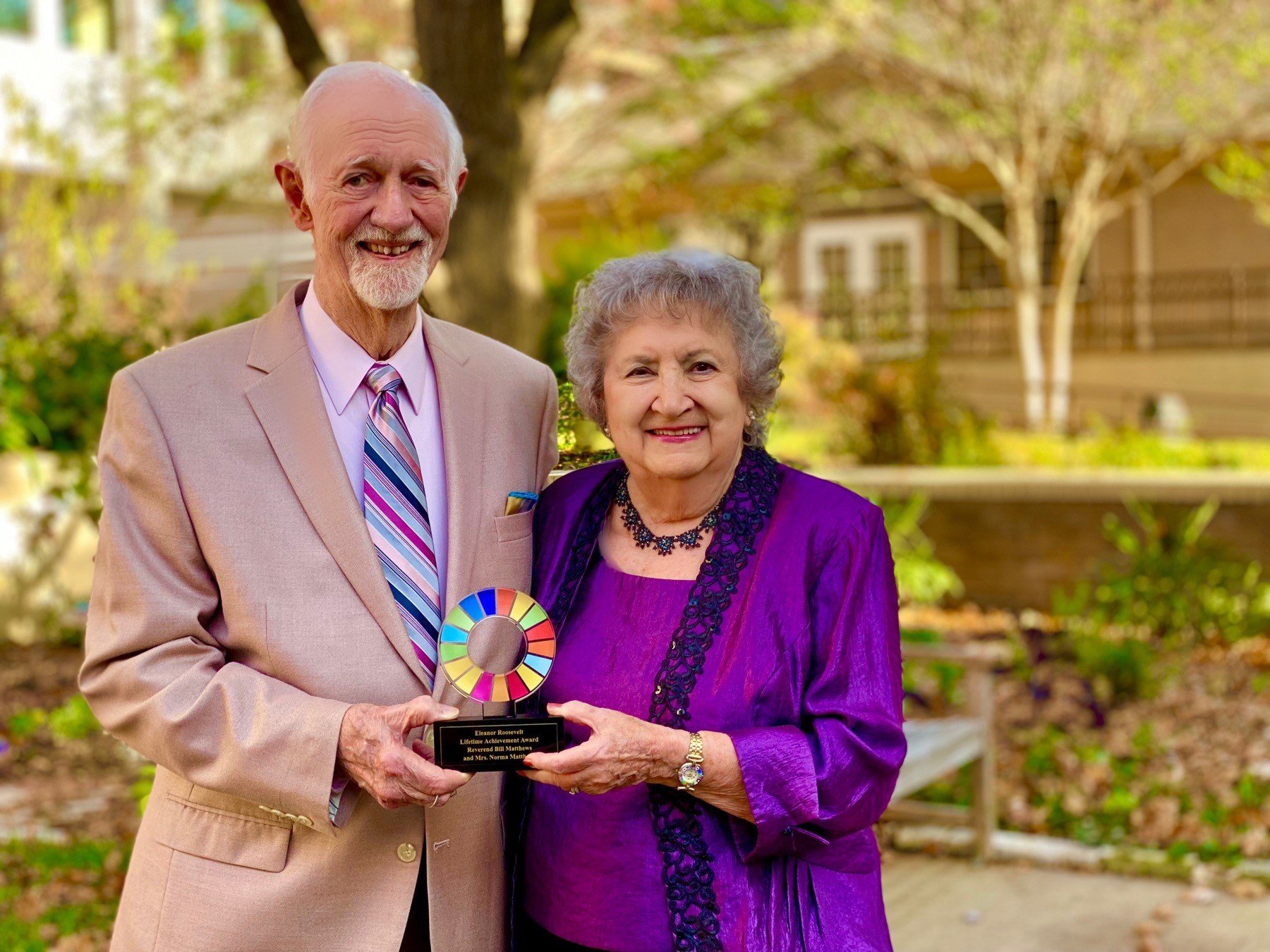Published on January 31, 2021 at 1:24 pm.
Interview by Jan Osborn. Photos courtesy of The Wezmore Project.
The COVID-19 pandemic has resulted in global social and economic disruption and led to the postponement or cancellation of events during 2020. Many nonprofits have been partially or completely closed during this time, having to refocus on keeping their organization open by restructuring to meet the needs of the pandemic. This was no exception for The Wezmore Project. Founder Eddie Coker said, “We pivoted because we had no choice! COVID stopped live concerts in their tracks.” But that didn’t prevent Coker from moving forward. He says, “we were going to do this work anyway. It was just expedited by the universe! HURRY! Best get it done or down in flames! Life has a way of helping!”
The Wezmore Project kicked off the new year by releasing The Wezmore Basics Program: a free, semester-long series of quick videos that offer (K-2) students, teachers, and families a taste of the benefits of Social and Emotional Learning (SEL). Each video is under five minutes— just long enough to deliver a succinct SEL message in the form of a “brain break” while incorporating a positive message about the self. The best part about the Basics Program is that it doesn’t require any extra planning for teachers and can be implemented in the physical or virtual classroom. The series incorporates the entire cast of Eddie Coker characters, from the hippie Wilson Hackett to Southerner Principal Tuckentight, which allows children to connect with the message more easily.
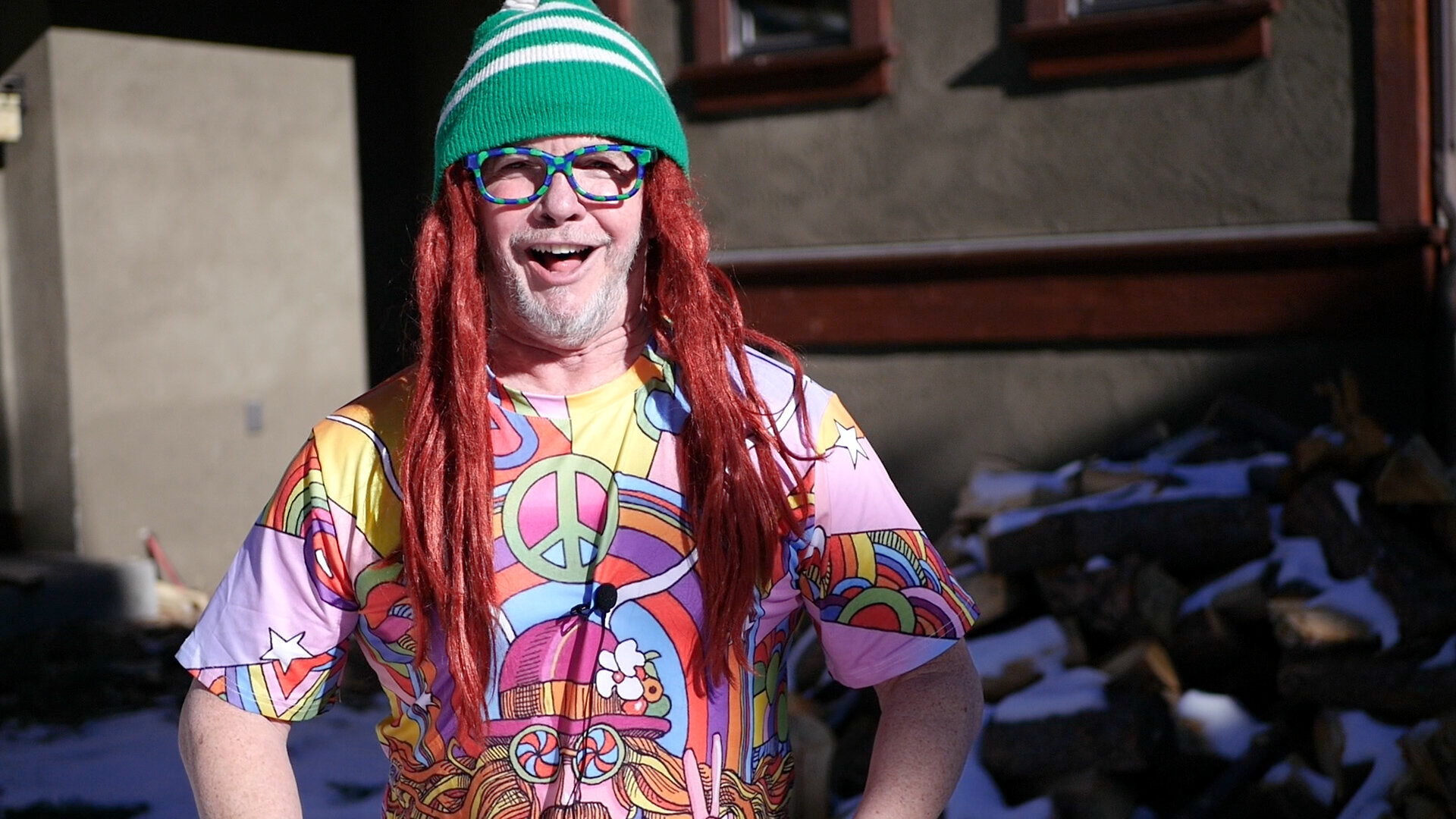
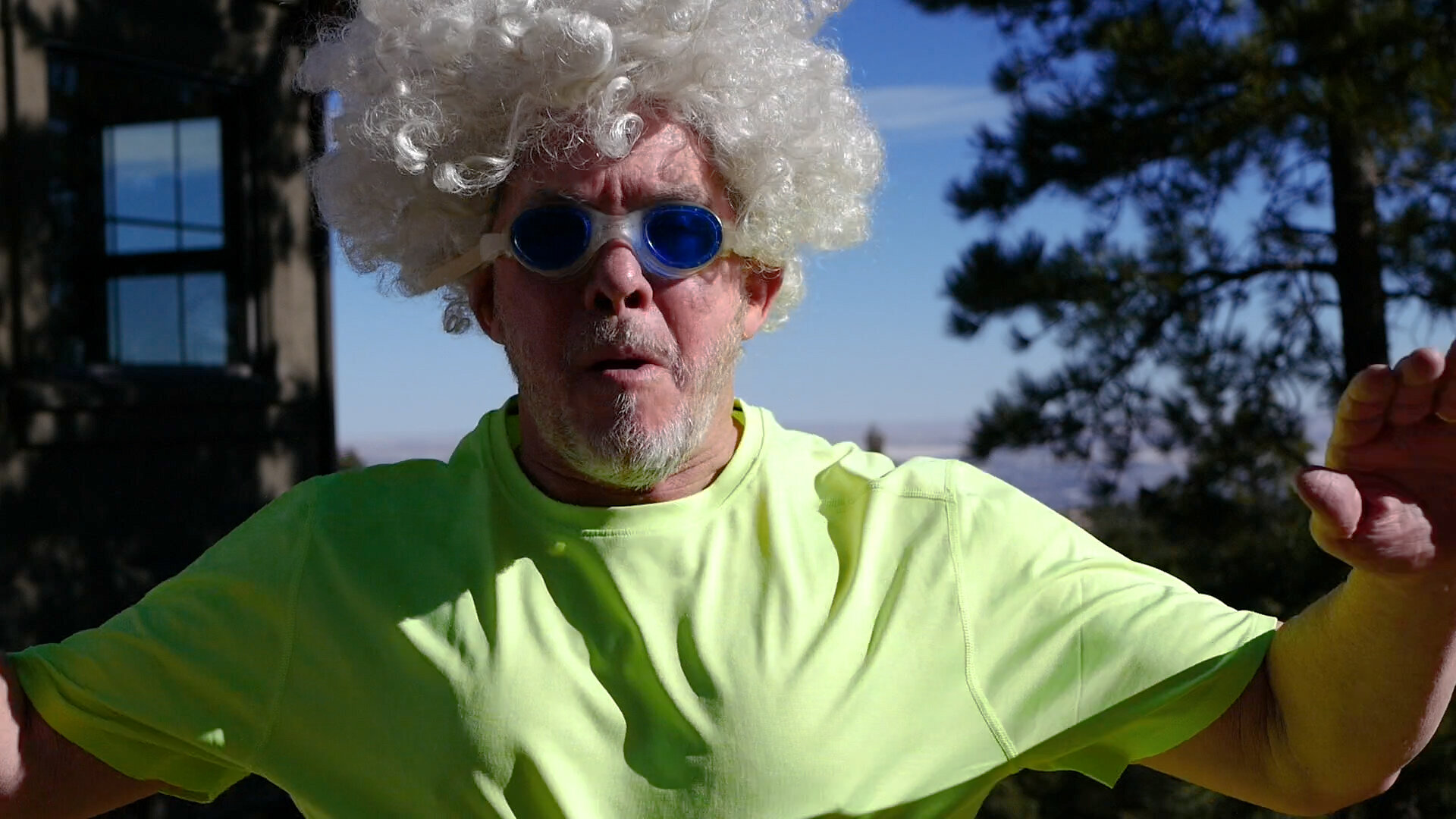
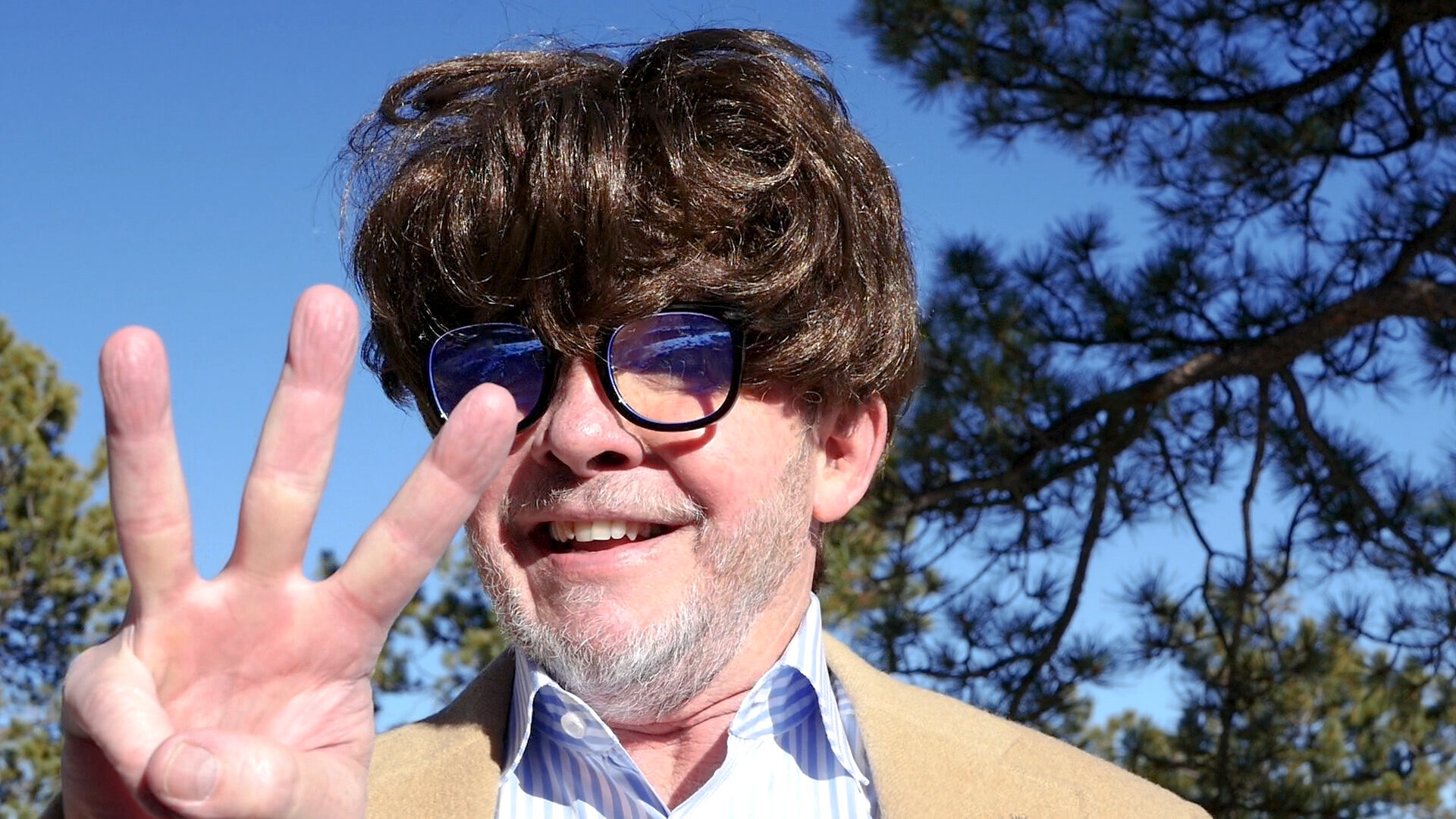
The goal is both to normalize the conversation around emotional wholeness and to equip young people with the vocabulary and skills to identify and process their feelings in healthy ways. By actually teaching students mindfulness principles and practices within the Casel standards of Social & Emotional Learning, the effect of the Basics Program can be felt long after the semester is over. In addition to feeling like a happier, healthier human, participants in the program will have practiced developing higher levels of self-reliance, self-confidence, and self-esteem.
The 15-week semester is divided into five parts, allowing for two videos per week. In consecutive order, the series will teach students “How To Be The Happy One.” This series addresses friends, family, emotions, and the self to help young people learn how to better handle and understand their experiences in the world.
To sign up for the free series, click here to input your email address to receive the program and updates as they become available.
Featured
More Good Stories
Featured
When Kathy and Larry Helm heard about The Senior Source’s 60th Birthday Diamond Dance-Off, they knew they had to put on their dancing shoes! For the Helms, this event combined two of their passions into one. Celebrating and supporting The Senior Source, a Dallas-area nonprofit that has been serving older adults for 60 years, and dancing together, which they have been doing since they were high school sweethearts. Both Kathy and Larry have chaired the board of directors of The Senior Source and have been proud supporters since 1998. It seemed only fitting they should be voted into the finals to dance on stage at Klyde Warren Park this past summer.
In 2020, more than 912,000 women were diagnosed with some form of cancer in the United States alone. During that same pandemic year, countless medical appointments were canceled while people were social distancing, and yet still each day nearly 2,500 women heard the news, “you have cancer.” There is no doubt that these words can be crushing to hear, but what’s equally crushing is the lack of tangible, encouraging support that exists to help women feel beautiful, strong or “normal” before, during and after cancer treatment.
When Tom Landis opened the doors to Howdy Homemade in 2015, he didn’t have a business plan. He had a people plan. And by creating a space where teens and adults with disabilities can find meaningful employment, he is impacting lives throughout our community and challenging business leaders to become more inclusive in their hiring practices.
Have you ever met someone with great energy and just inspired you to be a better you? Nitashia Johnson is a creator who believes by showing the love and beauty in the world it will be contagious and make an impact. She is an encourager and knows what “never give up” means. Nitashia is a multimedia artist who works in photography, video, visual arts and graphic design. Her spirit for art and teaching is abundant and the city of Dallas is fortunate to have her in the community.
The United Nations Association Dallas Chapter (DUNA) honored Rev. Bill and Norma Matthews for their ongoing commitment, helping advance the United Nations Sustainable Development Goals agenda by promoting peace and well-being.
